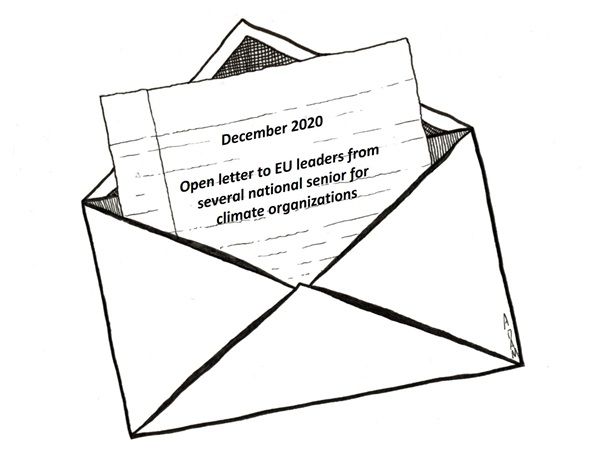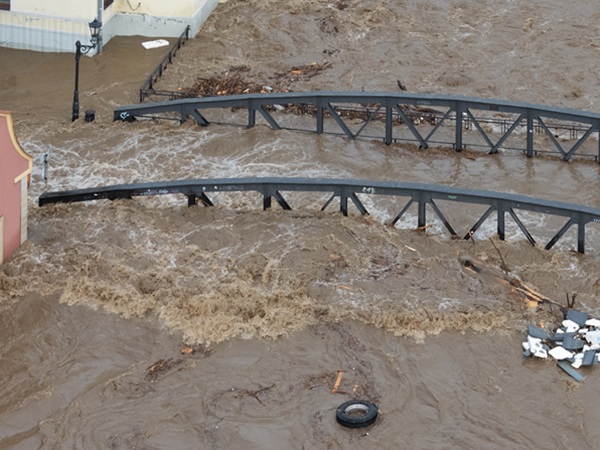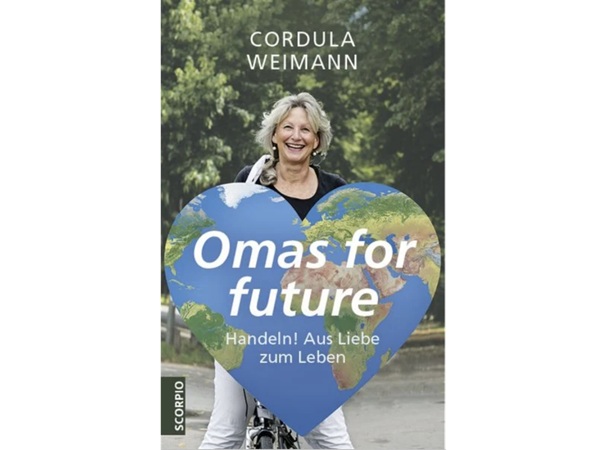Who will save the world from self-destruction?
Executive summary of a think piece by Michel Stevens (CH)
Inter-state conflict, such as the current war in Ukraine, is an obstacle to tackling climate change, as the determination to win over one’s opponent removes the incentive for the warring parties to reduce their greenhouse gas emissions. Rivalries between states – in this case between Russia and NATO countries – are at the root of wars and must be stopped. Otherwise, the destruction of our planet and the life it supports would be inevitable.
The personalization of power, as well as the nationalist ideology that uses the scarecrow of the enemy as a factor of national cohesion, are the sources of this destructive rivalry. They should be replaced by an ethic of co-operation. The great powers – the United States, China and Russia – by opposing each other, are exacerbating climate change instead of cooperating and playing their role as key players to remedy it.
To save the planet, build peace and promote the common good, the world order must be reformed. The United Nations must be recognized as the only legitimate institution of global governance and its Security Council as the true instrument of peace. Acting in a multipolar world with blocs of nations dedicated to the best interests of citizens, its first task must be to reduce military arsenals and abolish nuclear weapons.
The establishment of a minimum of common rules of governance supervised by an independent authority (Council of Wise Elders?) is indispensable. These rules should include independence of the judiciary, better means of selecting members of the executive branch – in particular the head of state – and term limits, with the aim of ensuring respect for international law.
The United States holds the key to reforming the world order to end tensions between rival great powers, provided it frees its foreign policy from electoral considerations. If it adopted proportional representation, it would allow new political parties to emerge, which would enrich the political debate. This would move it away from the Manichaeanism that reduces the world to a duality of evil and good, enemy and friend, towards a vision that accepts differences and resolves them in a constructive way. The example of France and Germany emerging from the Second World War to build Europe is striking. As a first step, the reformed United States could propose progressive disarmament, an end to nuclear weapon and a transformation towards a cooperative effort to solve climate change.
Europe, a friend of the United States, enriched by the experience of its past divisions and strengthened by its pioneering role in creating a supranational structure, could help the United States to bring about this new multipolar world.
Inevitably, some will object to the infringement of state sovereignty and defend the status quo, even though it is leading us to the brink of the abyss. Instead of trying to oppose the domination of the great powers, they will prefer, on the pretext that the proposals made here would be idealistic and naive, to stick to an attitude of voluntary submission to them and turn a blind eye to the destruction of the planet.
If you would like to receive the full article, please write to info@kd2.ch






